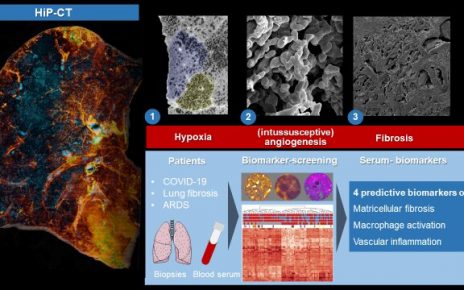The study covered in this summary was published as a preprint and has not yet been peer reviewed.
Key Takeaway
-
New research suggests that the Risk Analysis Index–Administrative (RAI-A) is better at predicting in-hospital complications and discharge outcomes following brain tumor resection than the widely used five-item modified frailty index (mFI-5).
Why This Matters
-
Previous frailty studies in neurology have been based almost exclusively on the mFI-5. However, the mFI-5 is largely a tally of comorbidities and does not fully measure the impaired physiologic reserve of frailty.
-
The RAI-A was designed to determine the true extent of frailty in surgical patients.
-
It has been proven superior to the mFI-5 in predicting adverse surgery outcomes, but it had not yet been studied in neurosurgery.
-
The findings suggest that by using the RAI-A, providers can better counsel patients and families who are weighing the risks and benefits of brain tumor resection.
Study Design
-
The team identified 30,951 patients from the National Surgical Quality Improvement Program (NSQIP) database who had undergone brain tumor resection from 2015–2019
-
Most patients had primary malignant brain tumors (40.5%), meningiomas (23.4%), or metastatic brain tumors (23.1%).
-
The team calculated RAI-A and mFI-5 scores then evaluated how the two scores predicted complications and outcomes in the 30 days following surgery.
-
The mFI-5 calculation included five variables in addition to increasing age: diabetes, hypertension, dependent functional status, chronic obstructive pulmonary disease, and congestive heart failure.
-
The RAI-A includes 11 variables: sex, age, cancer, unintentional weight loss >10 pounds over 3 months, renal failure, congestive heart failure, poor appetite, shortness of breath at rest, residence other than independent living, cognitive deterioration over the past 3 months, and activities of daily living.
-
Almost 14% of patients had a score of 31 or higher on the RAI-A, indicating frailty, while 12.8% of the patients scored 2 or more points on the mFI-5, indicating frailty.
Key Results
-
Compared with mFI-5, the RAI-A was more predictive of adverse outcomes for in-hospital mortality, nonroutine discharge, major and life-threatening complications, and extended length of hospital stay.
-
Patients who scored 41–45 points on the RAI-A were more than four times as likely to die within 30 days of surgery than those who scored 0–20 points and were more than nine times as likely to die if they scored more than 45 points.
-
Comparatively, even the highest mFI-5 scores were never associated with odds ratios greater than 3 for adverse outcomes.
-
RAI-A’s superior discriminative ability held across tumor types.
-
Increasing patient age was not an independent risk factor for increased mortality and worse outcomes.
Limitations
-
It was a retrospective study.
-
The NSQIP database does not include discrete variables for preoperative cognitive decline or poor appetite; cognitive decline was left out of RAI-A scoring, and poor appetite was assumed to accompany weight loss.
-
The database also does not capture key prognostic variables, including tumor size, surgical approach, and extent of resection.
Disclosures
-
There was no funding for the study, and the investigators have disclosed no relevant financial relationships.
This is a summary of a preprint research study, “Risk Analysis Index Predicts Complications and Discharge Outcomes After Brain Tumor Resection Better than Patient Age and Modified Frailty Index-5,” led by Rachel Thommen of New York Medical College, provided to you by Medscape. The study has not been peer reviewed. The full text can be found at researchsquare.com.
M. Alexander Otto is a physician assistant with a master’s degree in medical science and a journalism degree from Newhouse. He is an award-winning medical journalist who has worked for several major news outlets before joining Medscape and also an MIT Knight Science Journalism fellow. Email: [email protected].
For more news, follow Medscape on Facebook, Twitter, Instagram, and YouTube.
Source: Read Full Article



